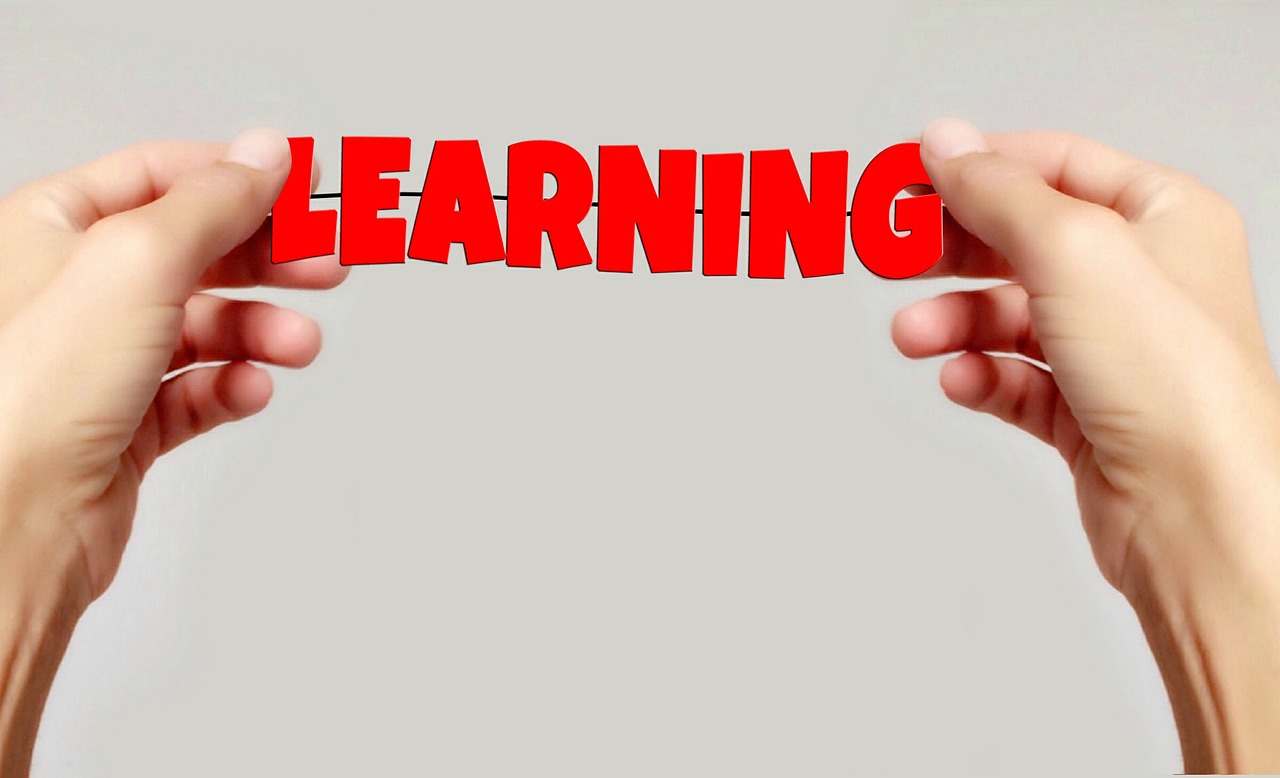We’re probably all familiar with the expression ‘learning curve’. The concept is that in addition to performing our role and meeting objectives etc. we should also be learning something new. The term ‘lifelong learning’ has seen increasing use in recent years, challenging the idea that once we leave the formal education system we stop learning. The principle of the curve is to think about the rate at which we are learning and I remember early in my career being told to watch out for my learning curve starting to slow or even plateau.
With most of my client work, I’m expected to draw on what I have learned to help solve specific challenges, advise on strategic direction etc. and it’s therefore something I do think about quite often – as I approach 30 years in marketing is my learning curve sufficient to continue to add value to my clients?
There are aspects of my learning which are certainly not growing at the rate they were when I started work when everything was new, and yet I still feel I’m increasing my understanding of marketing and how to make it work for my clients. I’ve come to the conclusion that the notion of a single learning curve could be a dangerous over-simplification. It can lead to a focus on new experiences and new ideas, which are definitely useful, but I think there is more to it than that.
In fact, I think there are probably several ‘curves’ which complement each other. Here are my suggestions:
Knowledge Curve – I think this is the one closest to what people think of as the learning curve. It’s the acquisition of facts and information about our chosen subject from a variety of sources. Unless we’re dealing with an area subject to rapid change, this is very likely to slow down over time, but we need to make an effort to ensure it doesn’t stop altogether. In the ‘information age’ the value of knowledge has probably lessened.
Experience Curve – the equivalent of practical lessons in science, this is where we learn by doing stuff. I was lucky in my early marketing career to work in a business with lots of small brands, so I had the chance to manage them, try things and learn from my failures (and the odd success). Variety is an important element in experience, we’ve probably all met the person whose 20 years’ experience turns out to be 1 year repeated 20 times. Having said that, I think some repetition is good, it gives us chance to confirm our hypotheses and allows experimentation with different solutions and different situations. Ideally, this one should be a fairly straight line, a steady increase in experience over time.
Wisdom Curve – I think this draws from both knowledge and experience, but with the addition of reflection. As we gain wisdom we are able to see things in a wider context and identify connections that might not be immediately obvious. Wisdom improves our ability to predict outcomes and makes us less prone to hasty reactions. This curve can get steeper over time and enables each of us to add more value as we get older.
As a simple example of these concepts – I know that a tomato is a fruit not a vegetable, but through experience I have gained the wisdom to know it’s not a good idea to put it in a fruit salad!
How are your learning curves?
Chris
Your learning curve- or curves?
